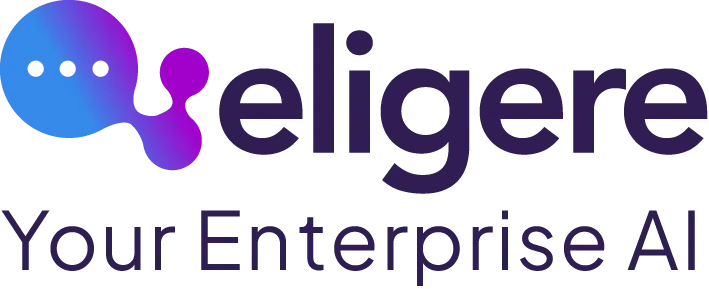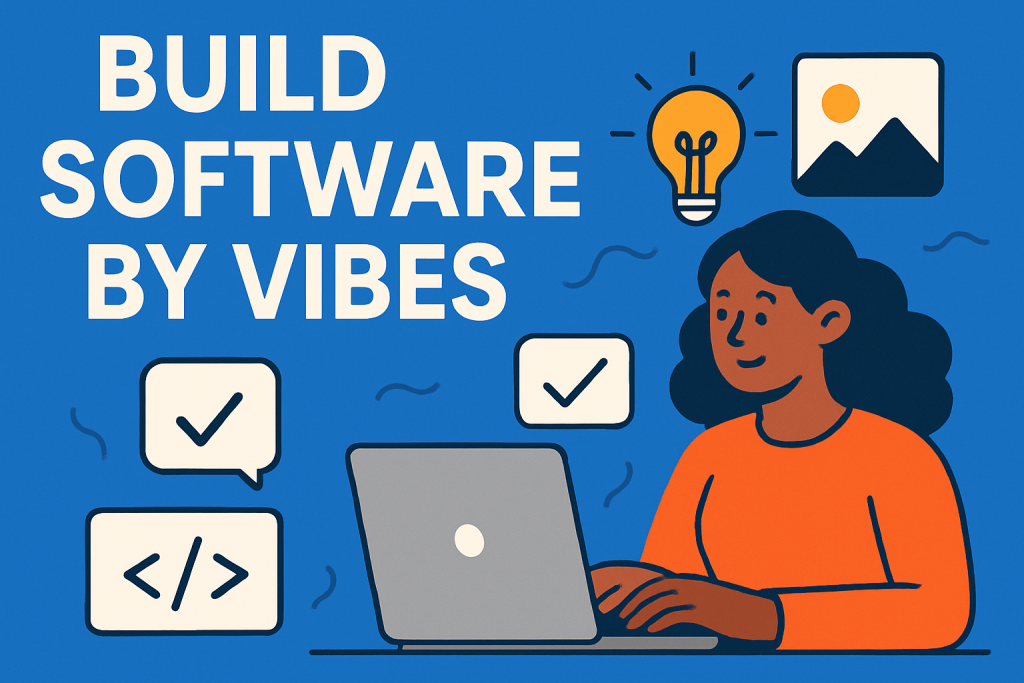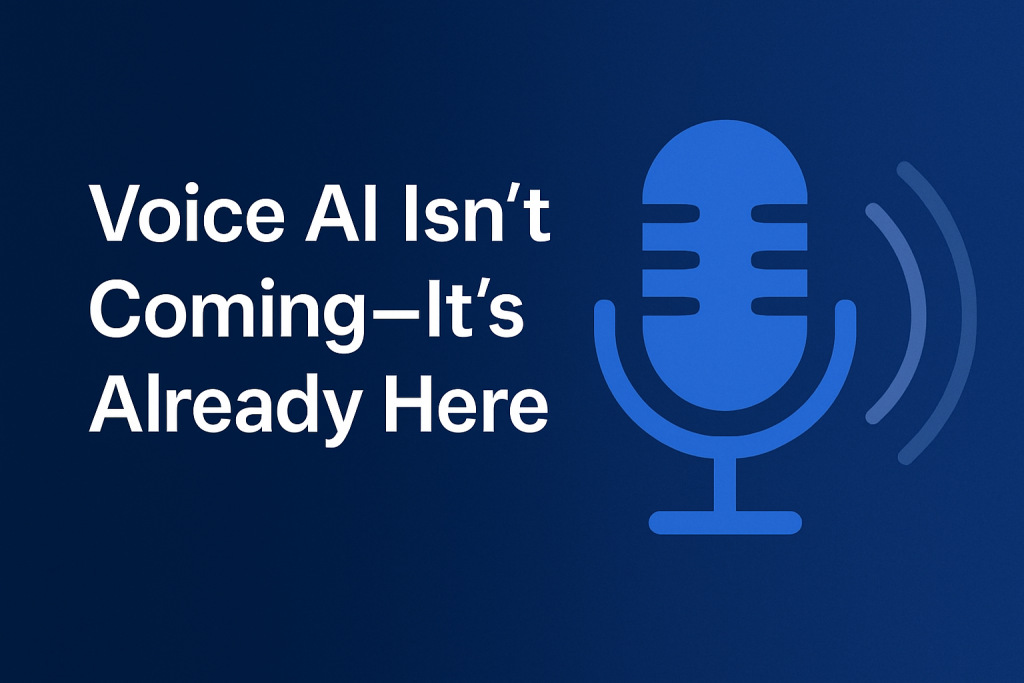“Generative AI’s potential to transform employee lifecycle management is vast and multifaceted. “
Introduction:
Generative Artificial Intelligence (Generative AI) is at the forefront of revolutionizing traditional approaches to employee lifecycle management. From Recruitment to Onboarding, Retention, and Separation, the potential of Generative AI to enhance employee engagement is nothing short of transformative. Let’s explore how Generative AI can play a pivotal role in optimizing each stage of the employee journey.
1. Recruitment: Interactive Career Pages, Candidate Query Addressal
In the realm of recruitment, Generative AI introduces a dynamic shift through interactive career pages. Traditional job listings are being replaced by personalized, engaging platforms that leverage Generative AI to understand and cater to the unique needs of potential candidates. Interactive career pages not only showcase job openings but also provide insights into company culture, values, and career paths. This personalized approach captures the attention of top talent and fosters a positive candidate experience.
Moreover, Generative AI addresses candidate queries effectively by employing natural language processing. This technology enables instant responses to candidate questions, creating a seamless and efficient communication channel. By automating this aspect of the recruitment process, HR professionals can focus on more strategic and value-added tasks, ultimately accelerating the hiring process.
2. Onboarding: Welcome and Orientation, Training Support
Once the recruitment phase is successful, Generative AI continues to play a crucial role in employee onboarding. Welcome and orientation experiences are enhanced through personalized content generated by AI algorithms. New hires can receive tailored information about their roles, team members, and company policies, creating a sense of belonging from day one.
Generative AI also supports training initiatives by providing personalized learning paths based on individual skill sets and preferences. This ensures that employees receive the training they need, contributing to quicker adaptation and increased productivity. By automating these onboarding processes, organizations can streamline the integration of new team members and foster a positive onboarding experience.
3. Retention: Continued Learning, Assistant for Policies & Procedures
Generative AI’s impact extends into the realm of employee retention by promoting continuous learning. AI algorithms analyze employee performance data and recommend relevant training opportunities, keeping the workforce updated on industry trends and skill developments. This commitment to professional growth enhances job satisfaction and encourages long-term commitment to the organization.
Additionally, Generative AI serves as a virtual assistant for policies, procedures, and product information, providing instant guidance and clarifications. This reduces the burden on internal subject matter experts (SMEs) and HR professionals allowing them to focus on strategic initiatives while ensuring that employees have easy access to accurate information. The result is a more informed and satisfied workforce, contributing to overall retention efforts.
4. Separation: Insights from Exit Interviews, Offboarding Guidance
In the separation phase, Generative AI contributes valuable insights by analyzing exit interview data. By identifying patterns and trends, organizations can gain a deeper understanding of the reasons behind employee departures. This data-driven approach empowers HR teams to implement targeted improvements, ultimately reducing turnover.
Generative AI also aids in the offboarding process by providing personalized guidance to departing employees. This includes information on final tasks, documentation, and potential opportunities for feedback. A well-managed offboarding experience can leave a positive impression on departing employees, fostering potential future collaborations and maintaining positive employer branding.
Conclusion:
Generative AI’s potential to transform employee lifecycle management is vast and multifaceted. From recruitment to separation, the applications of Generative AI contribute to a more personalized, efficient, and engaging employee experience. As organizations continue to embrace this technology, they position themselves at the forefront of the evolving landscape of employee management, ensuring a workforce that is not only skilled and productive but also deeply connected and satisfied.
Please don’t forget to follow us for more news about Elisa and the exciting world of AI chatbots.
You can schedule a free consulting session with us to learn more about how AI can help your business
Author
-

Rantej Singh is the founder of eligere.ai. Rantej has 20 years of experience working with MNCs like Bank of America Merrill Lynch, Thomson Reuters and ICICI Bank in Trade Finance, Product and Innovation roles. Rantej is a serial entrepreneur with deep understanding of the digital product lifecycle ecosystem.
Rantej is a co-author of a finance book and a triple medal winner at US Open Karate Championship. Rantej has a Bachelor of Technology degree and is an MBA from IMD - Switzerland.




